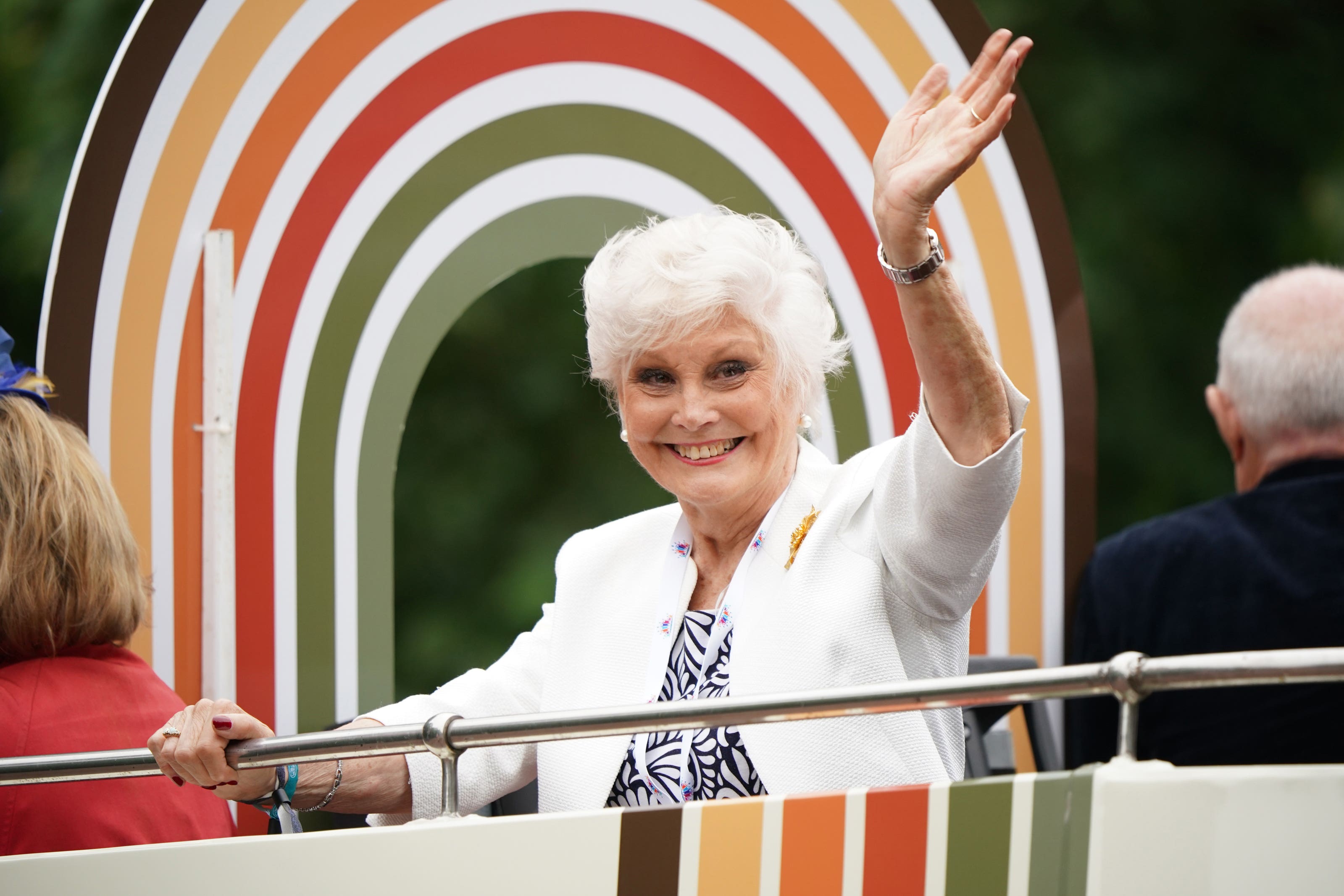Angela Rippon on the powerful impact of donating to charity
Giving your time or money to a charitable cause means you are part of a much bigger movement, says Rippon. By Vicky Shaw.

Charities are something that are close to Angela Rippon’s heart – having seen for herself the impact good causes can make.
One good cause that the journalist and presenter is involved with is animal health and welfare charity Brooke Action for Working Horses and Donkeys.
“I’ve travelled in many of the areas where horses and donkeys are the most vital part of a family economy,” says Rippon.
She continues: “I’ve travelled to other parts of the world… so I do know what it means. I’ve seen the importance of the attitude towards supporting people in other parts of the world and the way in which that will benefit humanity in general.
“Not everybody has the opportunity of doing that, but what they can do if they support a charity is to see, from the information they get, what that organisation actually does.
“For all sorts of reasons, you will gravitate towards particular charities.”
While people may consider giving to good causes in life, they may not have thought about how they can continue that legacy after their death.
There are some signs that attitudes may be shifting, however.
Research by Remember A Charity, a campaign involving nearly 200 charities, indicates that over a quarter (27%) of people have become more likely to discuss their final wishes and funeral plans and a fifth (21%) have become more likely to support charitable causes since the coronavirus pandemic started.
“I think there’s a sort of an inherited thing here in Britain that we don’t necessarily always talk about death, particularly about our own demise,” says Rippon.
“A lot of people just don’t get round to talking about it.”
But she adds: “I think that there are circumstances, it may be something such as a pandemic, it may be an illness, it may be changing circumstances in the family, that trigger your mind into thinking, ‘what is the world going to be like when I’m gone?'”
Rippon, who is planning to support good causes in her will, suggests that, for some people, having a “conversation with themselves” about their final wishes may be a starting point.
She continues: “I think more and more people are becoming much more sensitive to what they do with their money when they die, especially if they are people who have supported charities while they’re alive.”
Someone might have supported charities physically as well as financially during their lives, she says.
Just think of yourself as being part of a much bigger movement
Rippon adds: “I think a lot of people feel that if you’re going to leave money in a will to a charity it’s got to be several hundred or several thousand or quite a lot.
“That’s not true. Even if you only left, say, £10 or £50 or £100, I think, if that’s what you can afford, which is what you were able to give when you were alive, why not do the same when you die?
“But just remember that even if it is only a small amount, it’s an important amount of money to you.
“And collectively it means that you’re actually part of a bigger organisation, of a bigger group. If you’re able to give £1,000 and 100 people do it, that’s £100,000.
“Just think of yourself as being part of a much bigger movement, because collectively, what you’re doing is ensuring that any charity, whichever one it is you leave your money to, is able, long-term, to plan.”
Rippon says charities need to be able to think about the longer-term, adding: “They want to know that in the future they are genuinely going to make a difference.”
She adds that leaving money to charities in wills “is a nice way of saying thank you.
“If you have supported them in life, it’s a wonderful tribute to your own humanity and to your own feeling about the welfare of individuals, either people or animals, that that support can continue long after you’ve gone.
“It gives you a form of ‘financial immortality’, because you know when you’ve gone that the charity you supported all your life, you’ll be able to support way beyond, after you’ve died.
“Whether you’re leaving it to your family or a charity, it’s a continuation.
“You’ve lived your life in a particular way. If that’s how you’ve lived your life, the memorial to you will be that after you’ve gone, any money that you’ve left to a charity will be able to continue that work and that attitude.”
Bookmark popover
Removed from bookmarks